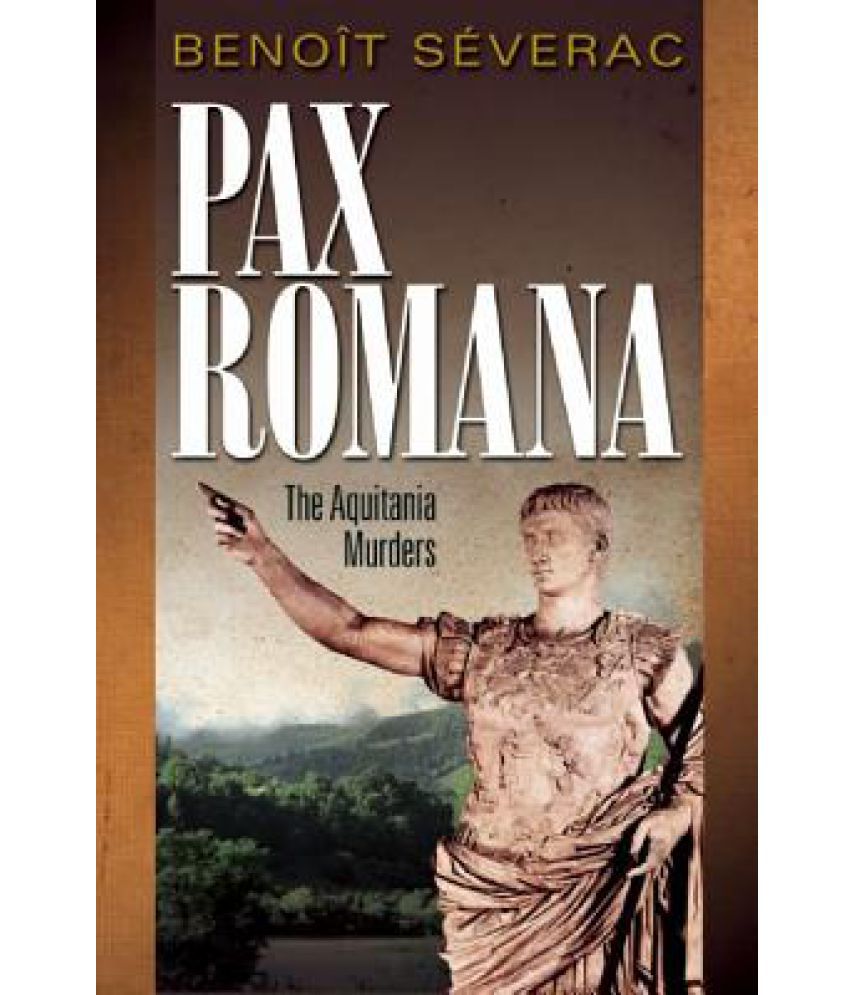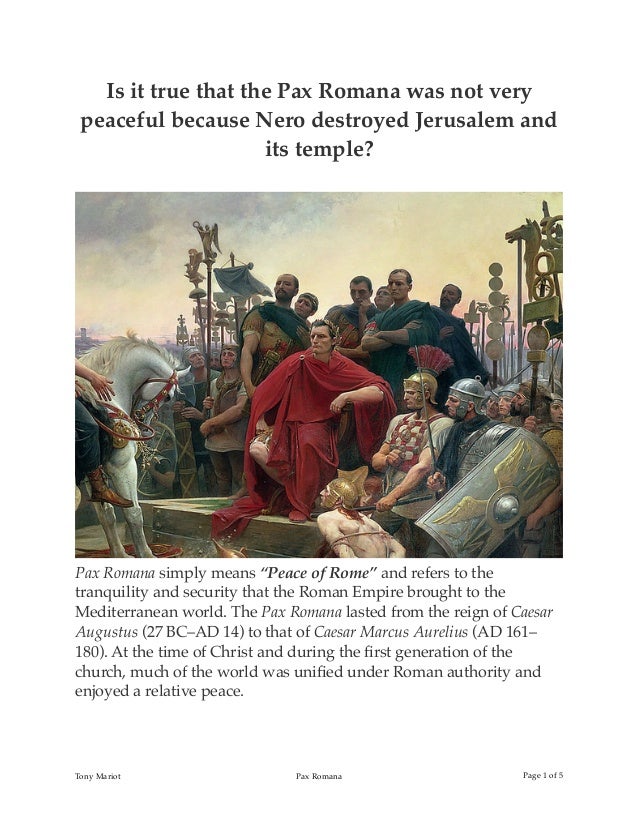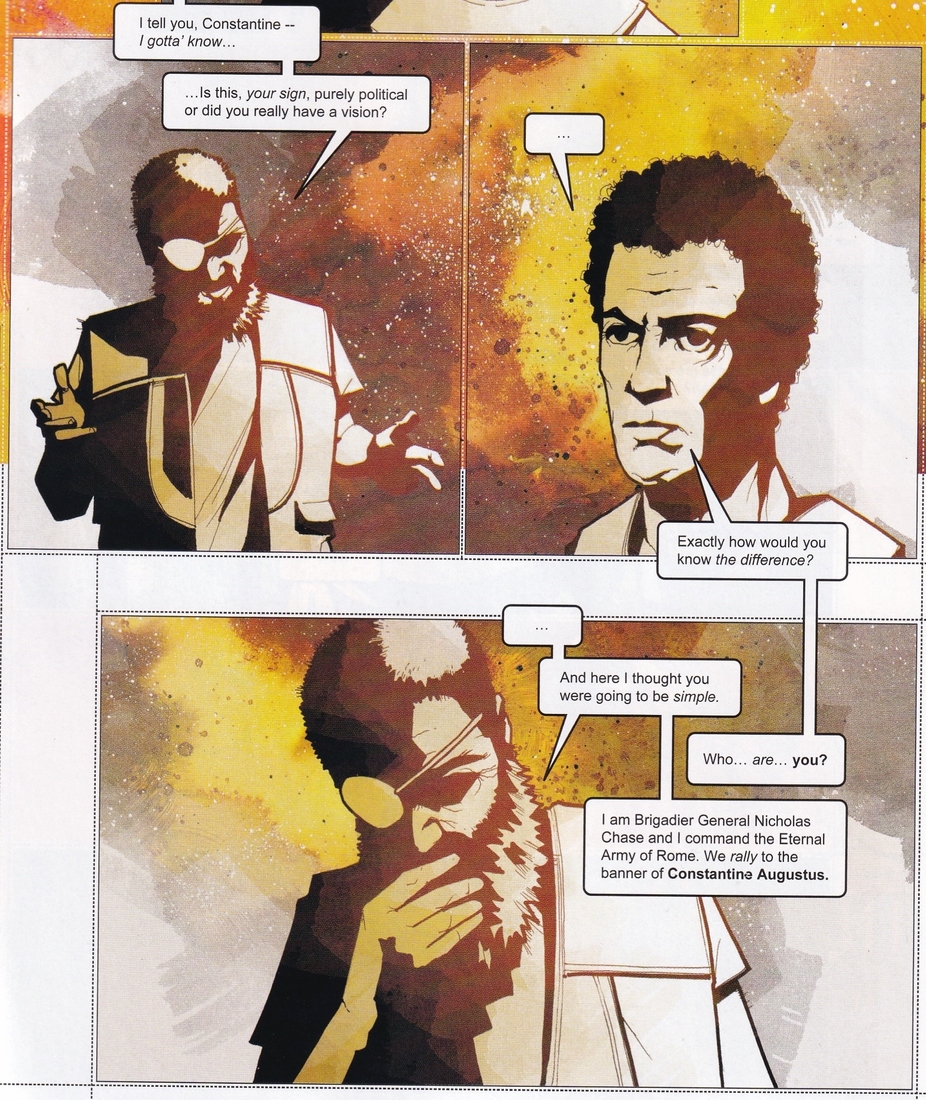The Pax Romana, also known as the Roman Peace, was a period of relative peace and stability that lasted from 27 BCE to 180 CE in the Roman Empire. During this time, the Roman Empire experienced significant economic, cultural, and political growth. The Pax Romana was a period of prosperity for the Roman people, as the Roman military was able to maintain order and security throughout the empire.
One of the key factors that contributed to the Pax Romana was the strong leadership of Augustus, the first Roman emperor. Augustus implemented a series of reforms that helped to stabilize the Roman Empire and create a more efficient government. He also established a standing army and a centralized bureaucracy, which helped to maintain order and control throughout the empire.
Another important factor that contributed to the Pax Romana was the Roman military. The Roman military was one of the most powerful and well-trained in the world, and it was able to maintain order and security throughout the empire. The Roman military also played a key role in expanding the empire, as it was able to conquer new territories and establish Roman rule.
The Pax Romana also saw significant economic growth in the Roman Empire. The Roman economy was based on trade and agriculture, and during this period, trade routes were established throughout the empire, allowing for the exchange of goods and ideas. The Roman Empire was also able to expand its agricultural base, which helped to feed its growing population.
Cultural achievements during the Pax Romana were also significant. The Romans were known for their architecture and engineering, and many of the structures that were built during this time are still standing today. The Romans were also known for their literature, art, and philosophy, and many of their works continue to be studied and admired today.
The Pax Romana came to an end in 180 CE, when the Roman Empire was weakened by internal conflicts and external threats. However, the legacy of the Pax Romana lives on, as it helped to lay the foundations for much of the Western world's culture and civilization.









